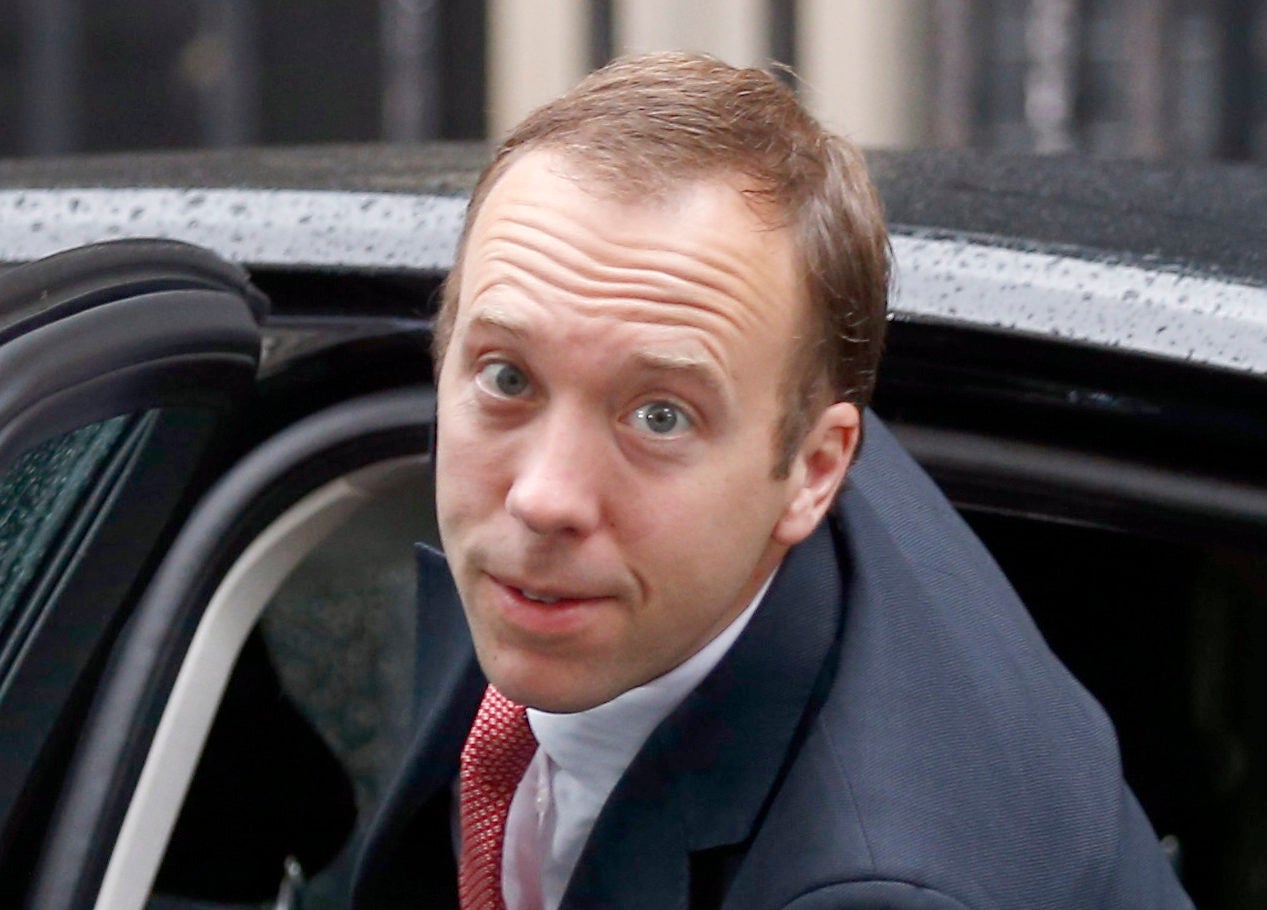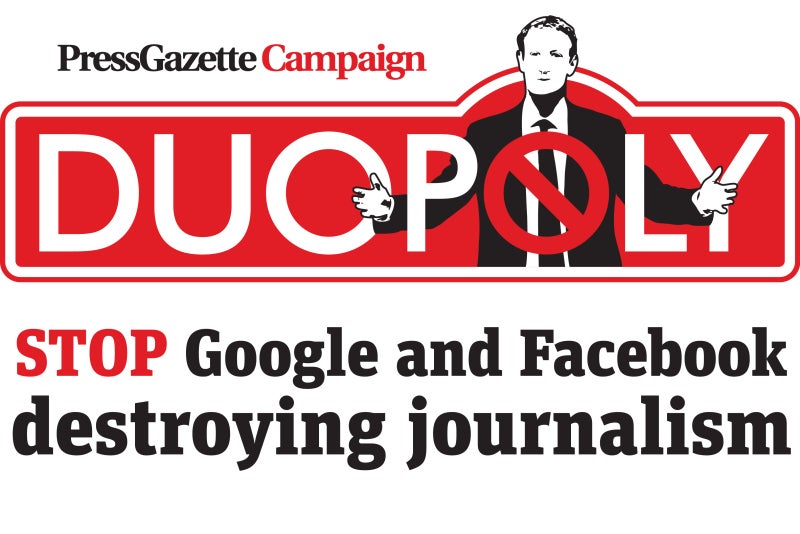
Culture Minister Matt Hancock has said finding an “appropriate funding relationship” between advertising and journalistic content is “incredibly important”.
The Tory MP was responding to a question from Press Gazette about what he thought of Facebook and Google’s dominance of the advertising market, with little payback to the publishers upon whose content they rely.
The web giants, known as the “duopoly”, are forecast to take 71 per cent of the UK digital advertising spend by 2020, according to a report by strategy consultants OC&C.
Press Gazette has launched a campaign looking for ways to stop this duopoly destroying journalism.
Hancock said: “Making sure that there is the appropriate support and the appropriate funding relationship between the producer of the content and the advertising that pays for it, I think that is incredibly important.”
He added: “We have got to make sure that we find a sustainable funding model for the media industry that will ensure high quality journalism, without fear or favour, is properly supported and funded by the people who enjoy its content.
“And that is not only important on a commercial basis, but… for the public service too, and so it’s very important that we get this right.”
Hancock was speaking at the Professional Publishers Association (PPA) Festival today in London.
In answering Press Gazette’s question, the minister also seemed to hint that an industry-wide subscription-based solution, such as Spotify provided for the music industry, could be key.
“When I spoke in general terms at the start of this [session] about showing that content was well supported, I mean a lot of the details of that are trying to find a way that there is a sustainable business model for people who produce content when it is consumed online.
“In the same way that the music industry, through streaming, has found a subscription based sustainable business model after many years of searching… it now appears to have found one.”
Hancock worked on the Digital Economy Bill, which passed into law on 27 April and strengthened online copyright protections.
Liberal Democrat peer Lord Timothy Clement-Jones also raised concerns over Facebook’s sharing of terrorist and graphic content, highlighted by the Times, in response to Press Gazette’s question.
He said: “There are many other aspects of the behaviour of the platforms which I find are going to become ever more important… it’s a huge issue…
“We have to do something about the advertising on the platforms as well, because we’ve seen some of the issues about the encouragement of terrorism on websites and pornography and so on, so there’s a huge issue in relation increasingly to the power of Facebook, Google, Twitter and so on.
“And we need to be addressing that in very short order.
“I don’t think the Digital Economy Bill has gone far enough in that respect. We argued for it and I think that will be a continuing debate. But it affects almost all of the creative industries now – any of these industries that have a digital presence.”
Facebook announced last week that it would be hiring another 3,000 people to review videos of crime and suicides following murders shown live on the social network.
The company already has 4,500 people working on such reviews and claims to receive millions of flagged “reports” each week.
Sign Press Gazette’s petition urging Google and Facebook to return more value to publishers.
Picture: Reuters/Peter Nicholls
Email pged@pressgazette.co.uk to point out mistakes, provide story tips or send in a letter for publication on our "Letters Page" blog

